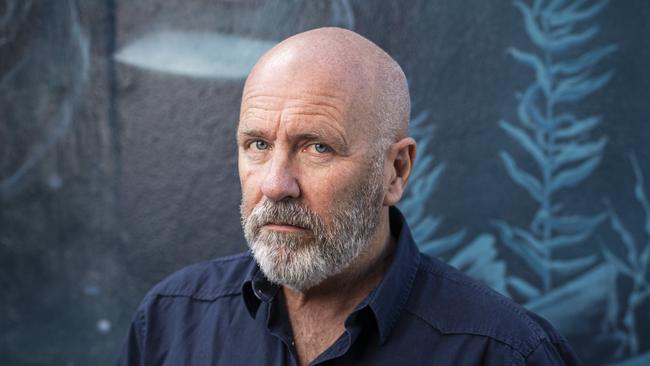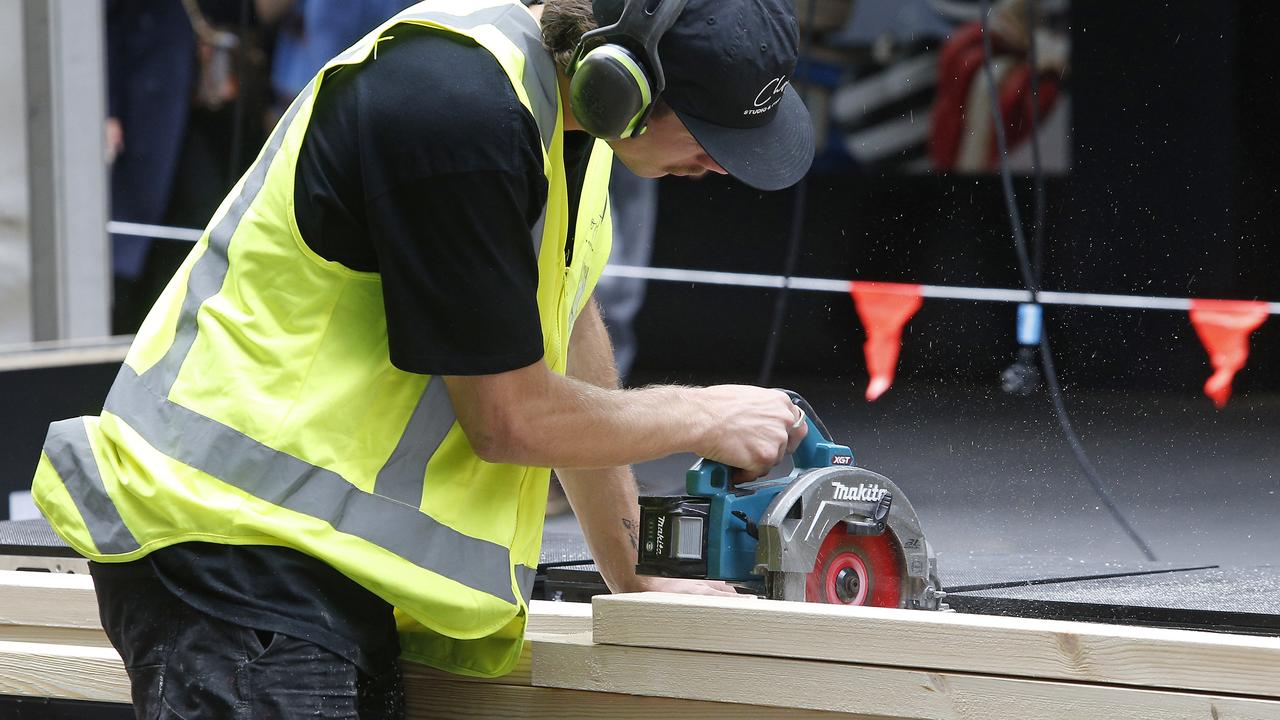Author Richard Flanagan and AWU clash over salmon
Richard Flanagan has made salmon farming a Tasmanian election issue, claiming his latest book exposes a ‘toxic’ industry.

Richard Flanagan has made salmon farming a Tasmanian election issue, saying his latest book exposes a “toxic” industry, but unions and industry have accuse him of a hatchet-job.
The Tasmanian writer has taken aim at the state’s aquaculture trade in his nonfiction Toxic: The Rotting Underbelly of the Tasmanian Salmon Industry.
“This is Australia’s largest commercial fishery and something many, many people eat and the problem is it’s just one big lie,” Flanagan said, denying the release was timed for the May 1 state election. “The book details the vast abyss between the marketing spin of a product and the reality of it, which is it’s not clean, it’s not green and it’s not healthy.”
Flanagan accuses the $660m industry of poisoning waterways and drinking water, “bullying” people, harming wildlife and adding nasty additives to fish feed.
The book began as an article prompted by his battles with a fish farm near his Bruny Island shack, but grew into an “expose”, along with an accompanying film by Justin Kurzel, Paradise Lost.
Salmon industry and union representatives accused Flanagan of a one-sided attack.
“I’m sorry (he) felt upset when his beach house views were disturbed by workers doing something productive for the Tasmanian economy, their families and regional communities,” an Australian Workers Union spokesman said.
“Tasmania is internationally recognised as having some of the highest salmon standards in the world (and) is well-placed to capitalise on the growing demand for high-quality, sustainable sources of protein among the growing Asian middle class.
“But the jobs and opportunities can be easily undermined by people with political agendas dressed up as environmentalists.”
An anti-salmon election campaign, launched on Thursday, claims there are secret plans for a new industry “sea grab”.
Expansion of the industry into new areas has been on the cards for years, with stated plans to double production by 2030, increasing friction with local communities about feared pollution of waterways from fish food and excrement.
Flanagan said the Liberal government was deliberately keeping the exact areas for new fish pens secret until after the election.
There have long been calls for the pens to be located in deeper, better flushed waters to avoid a repeat of water quality impacts seen at sites such as Macquarie Harbour.
However, Flanagan and other opponents argue the industry must shift into tanks on land to avoid localised pollution, fatal interactions with seals and seabirds, and marine debris.
The Tasmanian Salmonid Growers Association noted Flanagan was “primarily celebrated for his works of fiction”.



